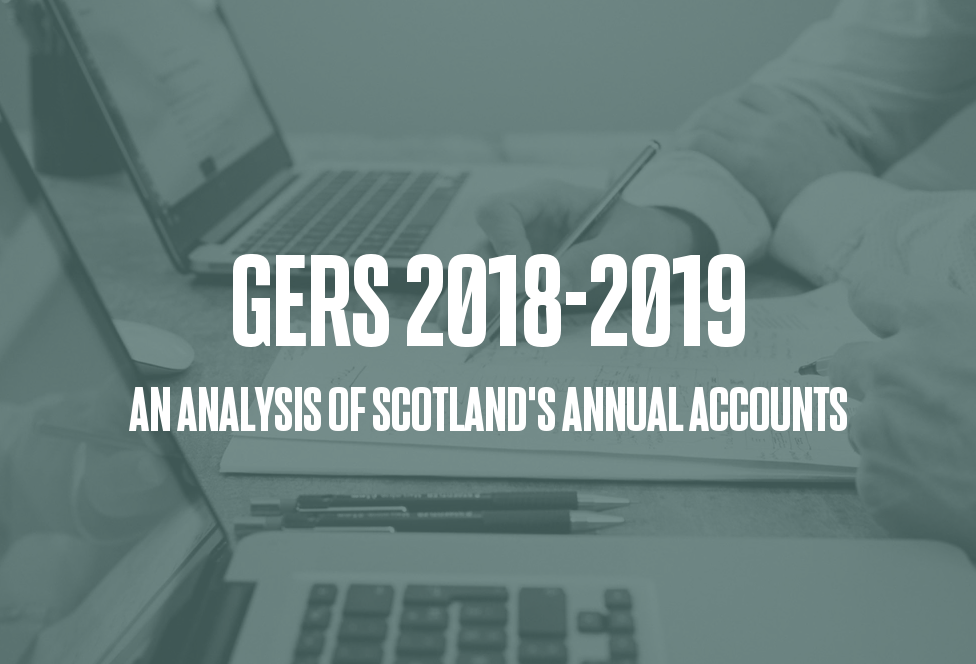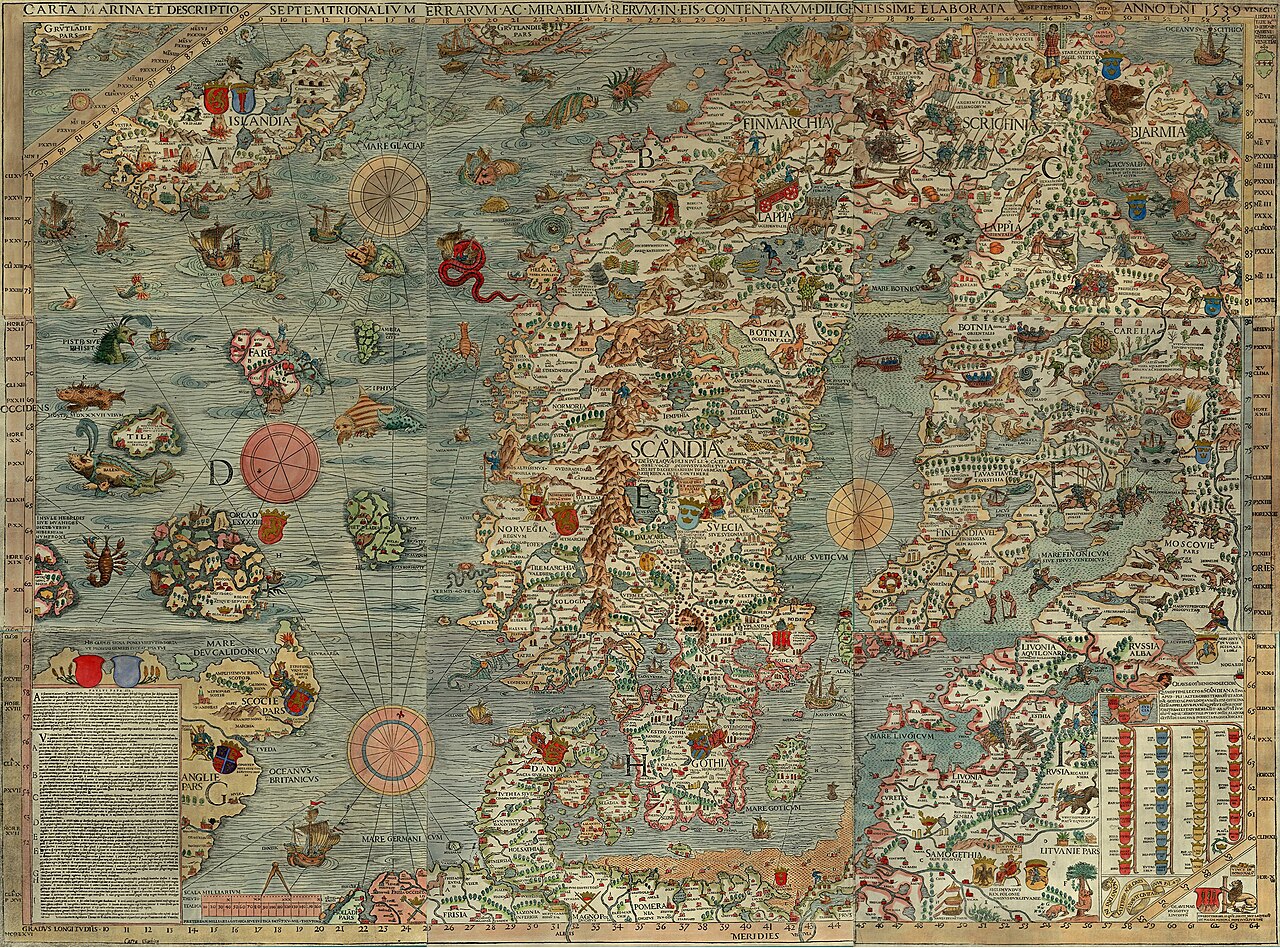“Those who cannot remember the past are condemned to repeat it without a sense of ironic futility.” – Errol Morris
This article was previously published on Source under the headline “The UK is Pooling More than it Shares”.
You can also read my previous work on GERS on this blog behind the following links: 2013-14, 2014-15, 2015-16, 2016-17, 2017-18, and 2018-19.
In many ways, this year’s GERS report marks the end of an era. It’s not that the report itself is going to change drastically or that we’ll finally reach the point of independence where we can stop moaning about how independence is impossible/necessary and that our fiscal position is fundamentally strong/weak and improving/declining compared to the rest of the UK (delete as per the report’s figures and your personal political position). It’s more that the Covid-19 crisis has completely changed the way that a state’s finances work. This year’s GERS report does include the initial measures implemented in response to Covid but only the initial responses up until the end of March. The full impact of this unprecedented fiscal year shall not be felt until the GERS 2020-2021 report next year.
We’ve entered a new era in which almost everything in government will be judged either as “Before Covid” (BC) or “After Covid” (AC). The assumptions that governed our economy have changed. Spending plans have changed. Priorities have changed.
But until then, this final GERS report of the BC era largely just repeats the arguments already well rehearsed in previous years.
Continue reading →







